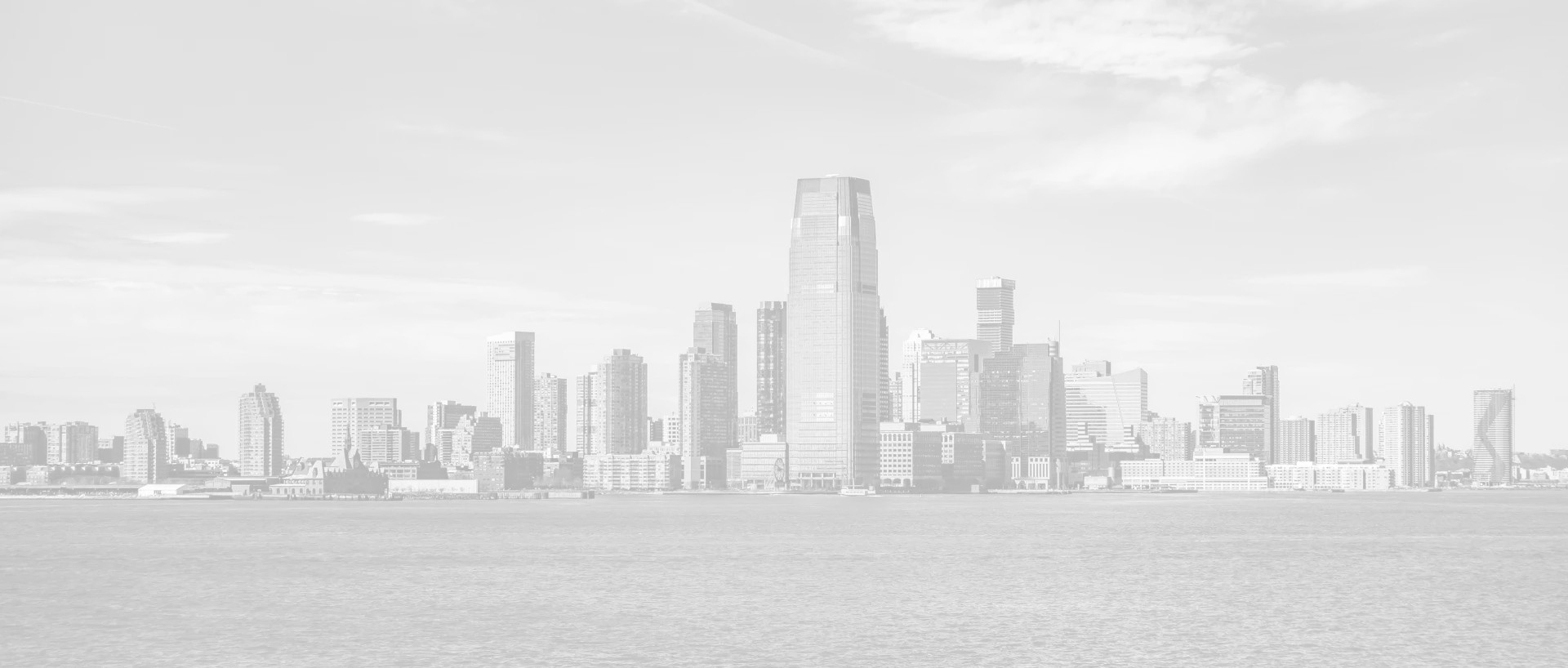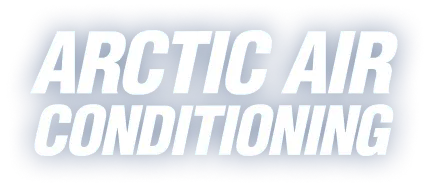
Carbon monoxide (CO) is a colorless, odorless, and tasteless gas slightly lighter than air. When encountered in high concentrations, it is toxic to humans and animals, causing sudden illness and death.
The most common symptoms of carbon monoxide poisoning include:
- Headache
- Dizziness
- Weakness
- Nausea
- Vomiting
- Chest pain
- Confusion
Note: If you or anyone in your family suspects they are suffering from carbon monoxide poisoning or you believe there is a CO leak, evacuate immediately. A carbon monoxide leak should be treated like a fire, as it can and does kill in minutes.
What to Do in the Event of a Carbon Monoxide Leak
Of course, the first thing you need to do is get out of the house! Do not stop to gather belongings or pack clothes—get everyone out of the house as quickly as possible. Next, call the fire department to inform them you suspect a carbon monoxide leak in your home.
Afterward, it’s crucial to contact your doctor immediately or go to the hospital to check for carbon monoxide poisoning (pets should also be taken to the vet). You cannot re-enter your home until it is deemed safe by the proper authorities.
How to Prevent Carbon Monoxide Poisoning
There are two main measures you can take to prevent carbon monoxide poisoning and reduce the likelihood of a leak in your home:
- Having a heating inspection for your furnace before the start of winter—the heat exchanger in your furnace, when operating normally, collects the carbon monoxide produced by the combustion of the fuel and expels it through the exhaust flue. When your heat exchanger develops a crack or malfunctions, it can have severe consequences for your home because it will allow CO to seep into the air. It’s vitally important to have your furnace inspected before the start of the season or as soon as possible.
- Installing a carbon monoxide detector—another excellent way to prevent carbon monoxide poisoning in your home is by installing a carbon monoxide detector. This will alert you when the levels of CO in your home become dangerous, exactly like how a smoke alarm works for a fire.
If you would like to learn more about how to prevent carbon monoxide poisoning in your home, or you want to schedule a furnace inspection in Monmouth, Middlesex, or Ocean County, New Jersey, to check for leaks or cracks in your heat exchanger—and for any other problems—contact Arctic Air Conditioning today.











